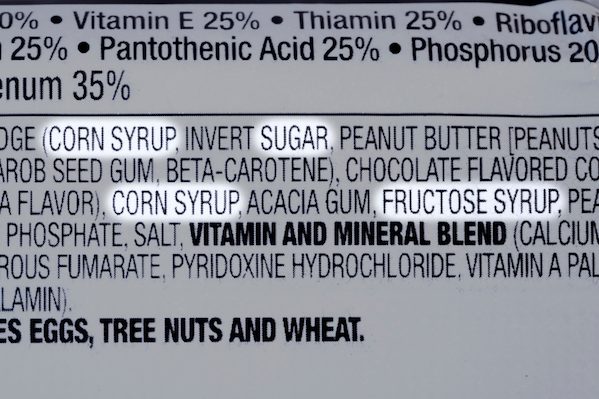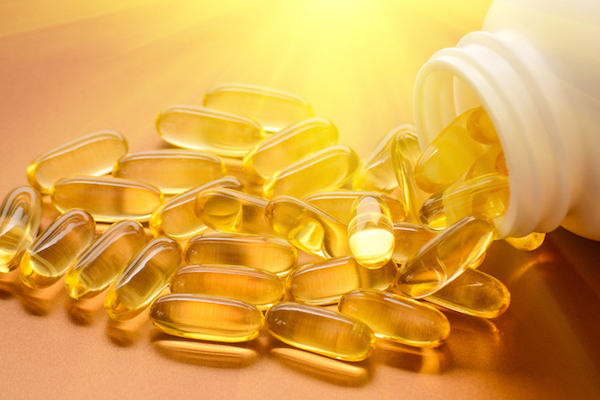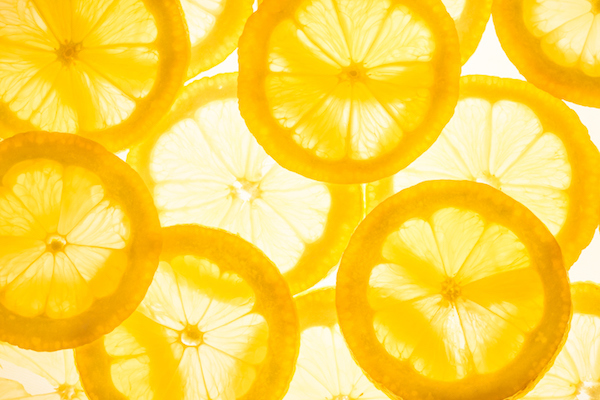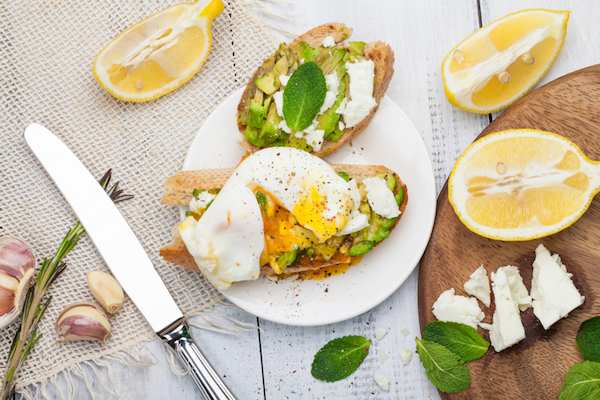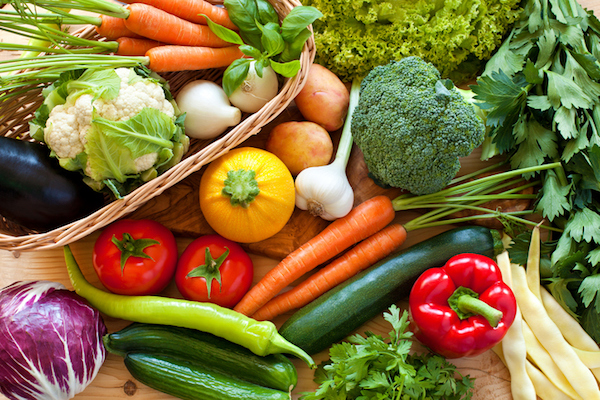
Introduction to Eye Healthy Foods – Feed Your Eyes
The path to our best vision starts with refining our diet (in addition to regular eye exams)
This may come as a surprise to you, but there is no quick fix for optimal eye health. Glasses and contacts lenses help us to see clearly, but technological advancements do not make us immune to diseases such as macular degeneration and glaucoma.
Even though we may not have the ability to improve our eyesight, we can certainly protect our eyes from deterioration. The path to our best vision starts with refining our diet (in addition to regular eye exams).
The Importance of Nutrition:
Have you ever noticed how you feel after eating a nutritious meal? How about after a not-so-nutritious meal?
If you’re anything like me, your ability to focus tends to improve when eating healthy. When we choose to eat the right foods, facing the day becomes more of a challenge and less of a drag.
This same concept also works for our vision. When we give our eyes the vital nutrients they need, we’re able to process visual input more effectively. This helps us to see and think clearly, whether we can feel it or not.
Basic Overview:
The part of the eye that allows us to process images is called the retina. Advanced research indicates that our retinas need carotenoids (yellow or orange pigments) along with other nutrients such as anti-oxidants and essential fatty acids.
The part of the retina that allows us to see color and fine detail is called the macula. Although the macula contains the highest concentration of carotenoids in the eye, our body is unable to make these carotenoids on its own. The only way to obtain these vital nutrients is through diet and/or supplementation.
Here’s The Good News:
Regular carotenoid consumption has been known to improve visual quality and decrease the progression of age related macular degeneration. You may not understand exactly what that means, but it’s a good thing (trust me).
The following is a list of carotenoids and the food’s that contain them:
- Lutein – dark leafy greens, egg yolks, corn
- Zeaxanthin – orange bell peppers
- Meso-zeaxanthin – wild caught seafood including salmon, trout, and shrimp,
The following is a list of foods that contain anti-oxidants and essential fatty acids:
- Beta-carotene – carrots, sweet potatoes, pumpkin, acorn and butternut squash
- Vitamin C – red bell peppers, citrus fruits
- Vitamin E – almonds, sweet potatoes
- Omega 3’s – walnuts, flax and chia seeds, and wild caught fish including salmon, sardines, mackerel, and herring
Other eye healthy nutrients include:
- Zinc – sunflower seeds, oysters, red beef (grass fed)
- Magnesium – lentils, almonds, sunflower seeds, dark leafy greens
Live in Your OcularPrime:
It takes a lifetime of good eating habits to make sure your eyes are built to last. A couple of carrots every now and then is a good place to start, but long term consistency will generate results.
In the coming weeks, I’ll be sharing a lot more information in regards to my series on eye healthy foods. As you browse through my posts, you’ll see I also try to get creative by sharing recipes designed to feed your eyes.
If you’re trying to incorporate change into your diet, just try to add one or two of the eye healthy foods listed above into your daily diet (for now). As you build momentum, eating healthy will not only be rewarding, it’ll also be fun.



